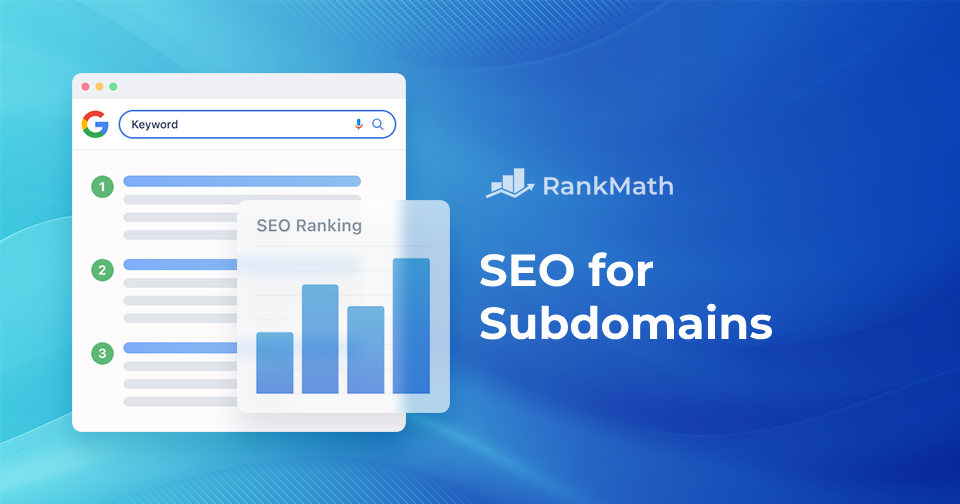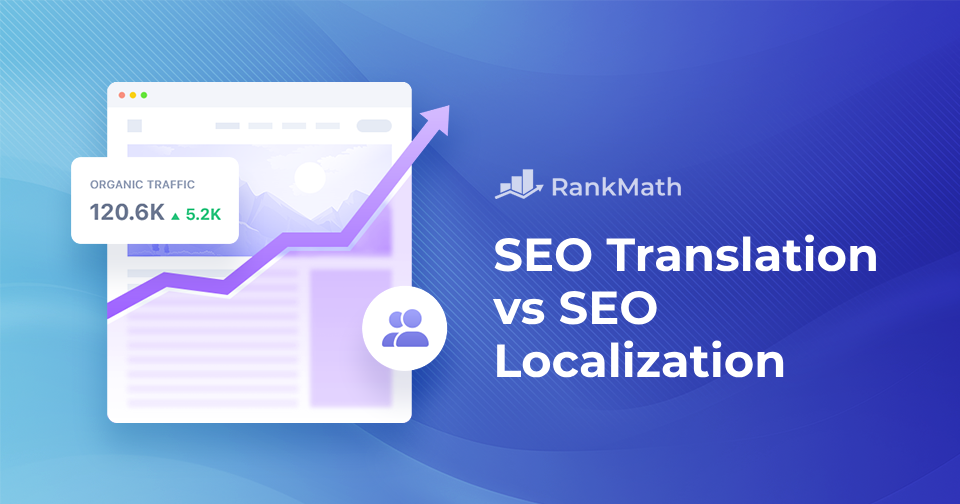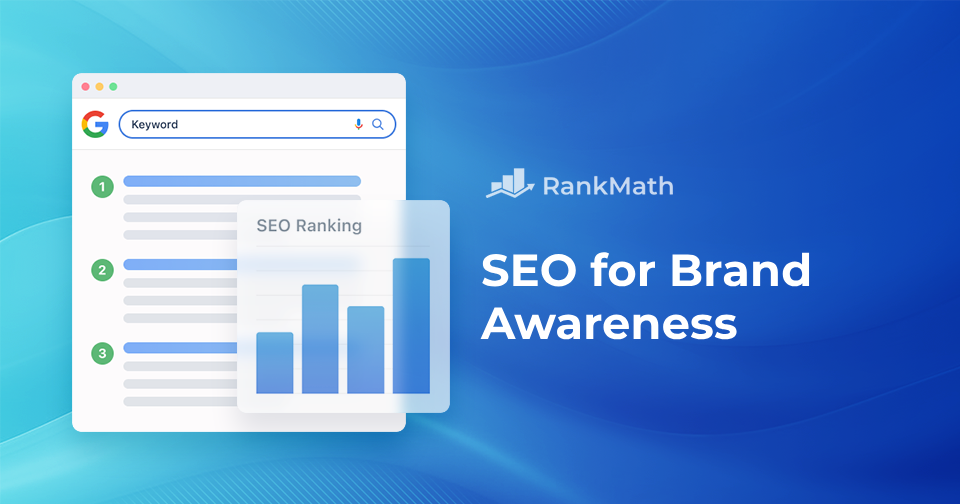SEO for Subdomains: Tips and Tricks for Higher Rankings
When you manage a website, you might wonder whether using subdomains is a good idea for SEO. Should you keep everything on one domain, or split content into subdomains for better organization?
The truth is, subdomains can help in some cases, but they also come with their own challenges. If you’re not careful, they can hurt your rankings instead of helping.
In this post, we’ll break down everything you need to know about subdomains and SEO. We’ll discuss when to use them, how to optimize the content, and tricks to help improve SEO for subdomains.
So, let’s dive in and take the mystery out of subdomain SEO!
Continue Reading

![How to Find Competitors of Any Website [4 Easy Steps]](https://rankmath.com/wp-content/uploads/2024/11/Find-Competitors-of-Any-Website.png)



